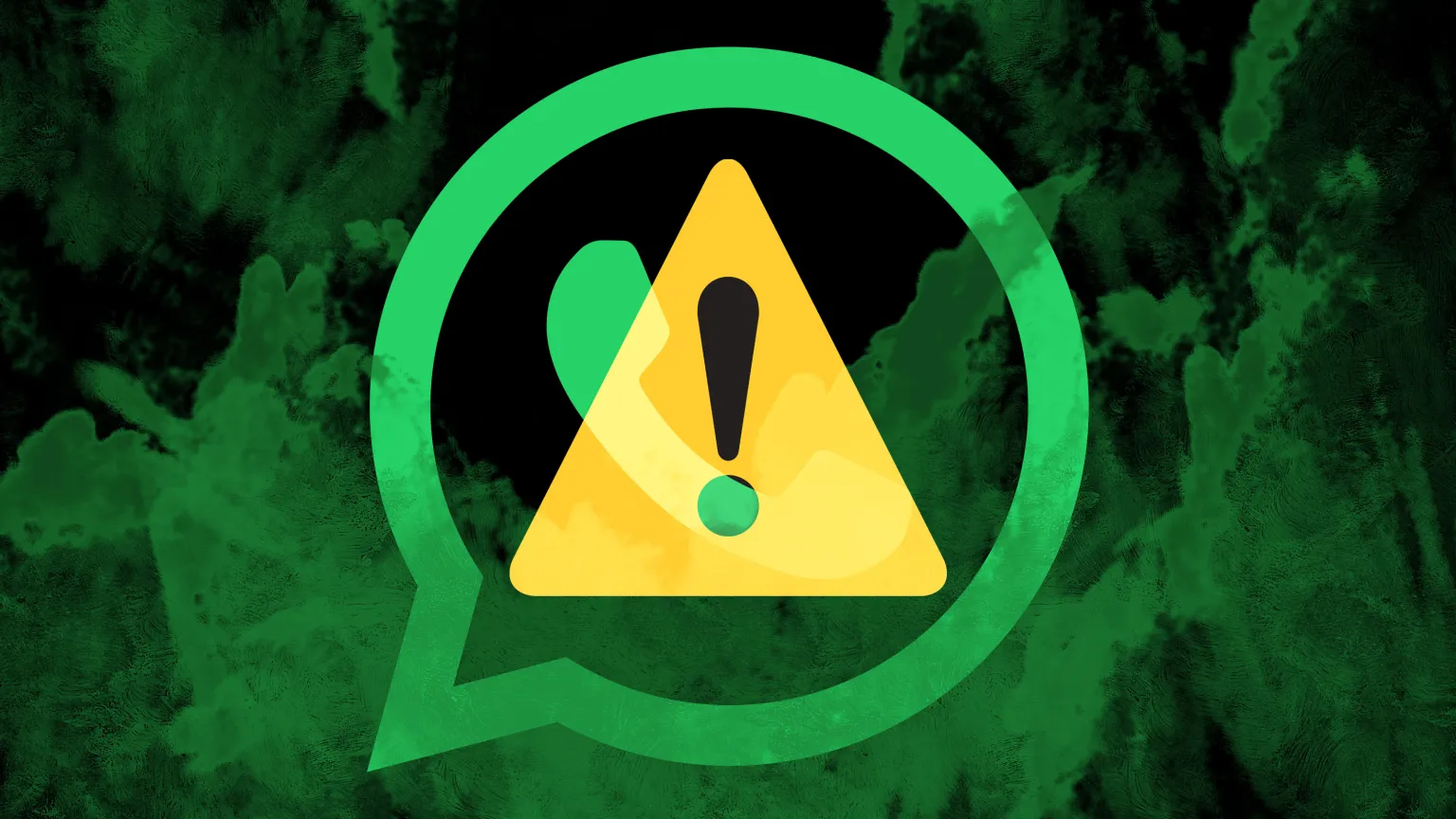
WhatsApp Desktop Vulnerability: What You Need to Know to Stay Safe
WhatsApp has long been considered one of the most secure messaging platforms, thanks to its end-to-end encryption and other privacy features. However, a recently discovered vulnerability affecting WhatsApp Desktop users has raised serious concerns among cybersecurity professionals. This exploit allows attackers to hijack user sessions on the desktop version of the app, putting personal and business data at risk.
What Is the WhatsApp Desktop Exploit?
The exploit specifically targets users of WhatsApp Desktop on Windows. When users connect their desktop version of WhatsApp to their mobile device, a session token is created, allowing the desktop app to stay logged in without requiring a password each time. The flaw lies in how this session token is handled, as attackers can remotely hijack it, giving them full access to the user’s account.
Once the attacker has access, they can view conversations, send messages, and even alter account settings—all without needing the account owner’s login credentials or two-factor authentication (2FA). This makes the exploit particularly dangerous, as it bypasses many standard security measures that users rely on.
How Does the Exploit Work?
The exploit works by manipulating the session token, which is generated when users link their WhatsApp account on their mobile phone to the desktop version via a QR code. The session token essentially serves as a temporary pass that allows the desktop version to function as if it were the user’s phone.
Hackers can intercept or steal this session token through various methods, enabling them to take control of the account remotely. This means that the attacker doesn’t need to be anywhere near the victim’s devices, making it a highly concerning issue for anyone who uses WhatsApp Desktop.
Who Is Most at Risk?
Users who regularly switch between WhatsApp Desktop and Mobile, particularly on Windows, are most at risk. Since the exploit only targets the desktop version, those who use the mobile app exclusively are not affected. However, for those who rely on WhatsApp Desktop for work or personal communication, this vulnerability is a serious concern.
Small businesses and professionals who use WhatsApp to communicate with clients could be especially vulnerable, as the hijacking of a business account could lead to major security breaches and loss of sensitive information.
How to Protect Yourself from the Exploit
Until WhatsApp releases a security patch to fix this vulnerability, there are several steps users can take to protect their accounts:
Limit Use of WhatsApp Desktop: The mobile version of WhatsApp is not affected by this exploit, so users may want to rely solely on the mobile app until the vulnerability is patched.
Log Out of WhatsApp Web and Desktop: Users should ensure they log out of WhatsApp Desktop after each session. By limiting the time an account is active on the desktop version, the window for an attack is reduced.
Enable Two-Factor Authentication (2FA): While this exploit bypasses 2FA, it is still a good security measure against other forms of attack. You can enable 2FA by navigating to Settings > Account > Two-step verification.
Check for Unrecognized Devices: Regularly review the devices that are logged into your WhatsApp account. You can do this by going to Settings > Linked Devices in the mobile app. Log out of any sessions or devices that you do not recognize.
Keep WhatsApp Updated: Keeping the app up to date is crucial. WhatsApp is likely working on a patch for this vulnerability, and updating to the latest version ensures that your app has the latest security fixes.
What’s Next?
While WhatsApp has yet to officially announce a fix, the company is likely working on a security patch to address this critical issue. Users should remain vigilant, stay informed, and continue to take precautions until a resolution is implemented.
Conclusion
This vulnerability is a stark reminder that no platform is completely secure, and even trusted services like WhatsApp can be exposed to risks. For those using WhatsApp Desktop, taking immediate action to secure their accounts is crucial. Until further updates from WhatsApp are available, following best security practices can help mitigate the risk of account hijacking.
Sources:
Information on the WhatsApp Desktop vulnerability has been confirmed by software engineer and cybersecurity expert Mohamed Soufan, who has been closely monitoring the situation.
https://faq.whatsapp.com/1920866721452534
https://soufan.me/whatsapp-desktop-exploit-2024
https://www.tenable.com/plugins/nessus/197073
https://www.heise.de/en/news/Whatsapp-vulnerability-allows-script-execution-9815915.html




Leave Your Comment